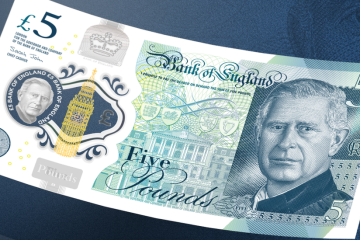Understanding the Changing Role of the Prince in Society

Introduction
The role of a prince has traditionally been associated with monarchy, nobility, and governance. In contemporary society, these duties and perceptions continue to evolve significantly, particularly in constitutional monarchies like the United Kingdom. As societal values shift towards democratic governance, the relevance of princely roles prompts discussions about modern leadership, tradition, and public service.
The Historical Context of Princes
Historically, princes were often heirs to kingdoms, wielding considerable power and influence. Their roles included not just ruling but also engaging in diplomacy, military leadership, and the stewardship of their subjects. Over time, many nations transitioned to constitutional monarchies, where the prince’s authority is largely ceremonial and symbolic.
Current Events Involving Princes
Recent events highlight the ongoing significance of princes in national and global contexts. For example, Prince William and Kate Middleton have embraced a more active role in social issues, focusing on mental health, conservation, and homelessness. Their initiatives resonate with the public, illustrating how modern princes can effectively leverage their status to drive positive change.
Furthermore, the ongoing popularity of the British royal family has been exemplified through public events, charity functions, and media representation. The international interest in royals has not waned, causing the image of the prince to evolve as they become more engaged through social media and public outreach efforts.
The Future of the Princely Role
As society continues to evolve, so too will the role of the prince. Analysts predict a continued shift towards more relatable and accessible royal figures who actively engage with pressing social issues. The next generation of royals, including Prince George, Charlotte, and Louis, are likely to take on roles reflecting the values of transparency and community service.
Conclusion
In conclusion, while the role of the prince has transformed dramatically over the centuries, its relevance remains significant in the context of societal values and public expectations. Contemporary princes increasingly serve not only as symbols of continuity and tradition but as active participants in addressing modern challenges. The future generation of royals holds the potential to reinvent this legacy, ensuring that the princely role adapts in meaningful ways that resonate within society.








